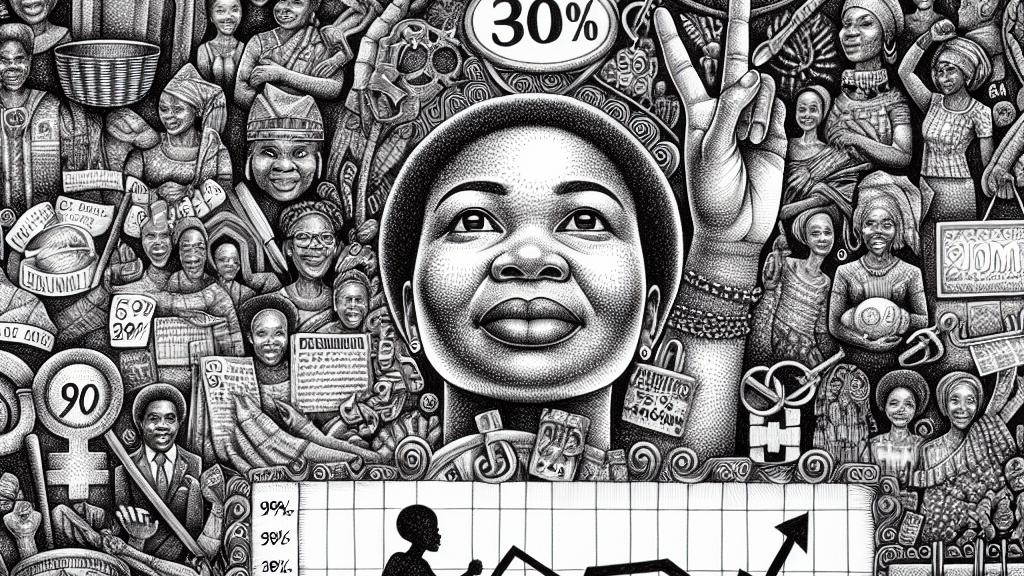Understanding Ghana's Affirmative Action Gender Equality Act
Overview
- The Affirmative Action (Gender Equality) Act aims to enhance female leadership roles from a minimum of 30% to 50% by 2030.
- Women's rights advocates demand swift implementation while raising concerns over potential enforcement challenges.
- With this law, Ghana stands alongside African leaders like Rwanda in promoting gender equity in governance.

The Historical Context
Ghana has taken a monumental step for women's rights with the formal ratification of the Affirmative Action (Gender Equality) Act. This vital piece of legislation represents nearly three decades of persistent advocacy and negotiation, having its roots trace back to 1998. By mandating at least 30% female representation in governmental positions, with ambitions to boost that figure to an impressive 50% by 2030, Ghana aligns itself with progressive nations such as Rwanda and Uganda that have already adopted similar frameworks. This journey has not just been about policy; it has symbolized hope, resilience, and a collective dream for a society where women are equally represented in all facets of decision-making.
Anticipated Changes and Challenges
The implications of the new Act are profound and far-reaching. Under its provisions, trade unions are required to maintain gender-balanced executive boards, and industries that actively recruit women will reap tax incentives designed to spur this change. Nevertheless, while these guidelines paint a hopeful picture, concern lingers about the practical enforcement of these laws. Many activists urge that the law must be supported not merely by words but by robust actions. They emphasize the necessity for ongoing vigilance and cooperation between governmental bodies and civil society organizations, ensuring that what is meant to empower women does not fall into a bureaucratic void. This act should catalyze a cultural transformation—creating an ecosystem where women are not only included but celebrated as leaders.
Impact on Society and Future Elections
As Ghana prepares for upcoming elections, there is an electrifying buzz regarding potential increases in female candidacy. Just two women have submitted their nominations for the presidency, which highlights a critical gap but also an opportunity for growth and engagement. Female politicians express enthusiasm over this law, viewing it as a transformative breakthrough that could obliterate barriers to women’s political participation. Yet, women's empowerment in politics requires more than mere representation; it needs a shift in societal attitudes and norms that have historically marginalized women. Thus, achieving gender equality in Ghana requires a dual approach: strategic legislative action alongside grassroots campaigns to change perceptions of women in leadership roles. If executed effectively, this could usher in a new era, one where women contribute to shaping Ghana's future in meaningful and impactful ways.

Loading...